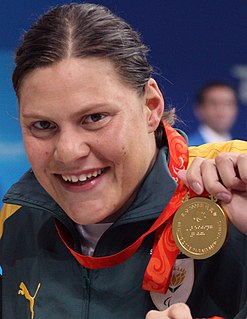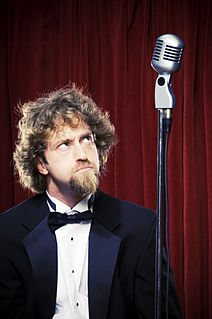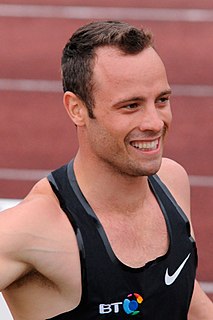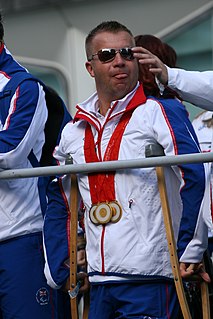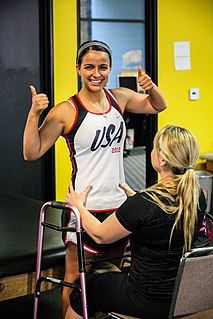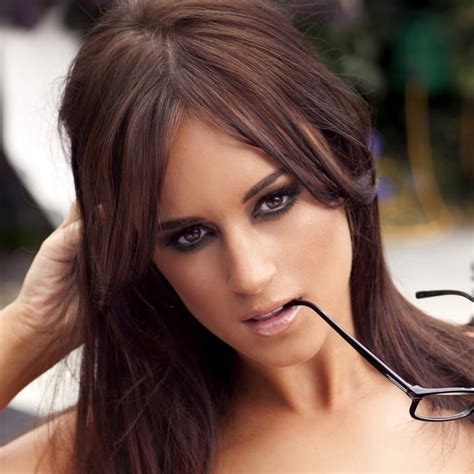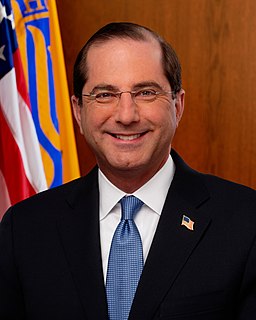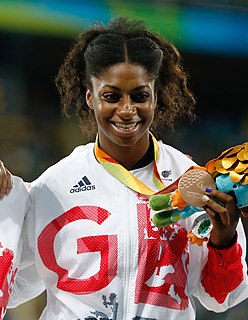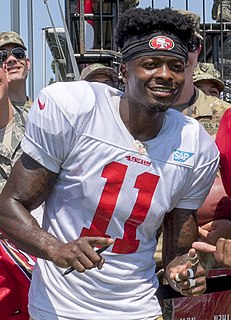A Quote by Natalie du Toit
I don't think of myself as being disabled, or able-bodied.
Related Quotes
In its proper constitutional sense, the term [militia] means all the able-bodied people who can be trained and disciplined to act in the community’s defence when it’s attacked. Since it encompasses every able-bodied person, it does not refer to those—such as the police, the military, or even the National Guard—who formally compose the official defence forces of the nation. Every citizen able and willing to act in an emergency becomes a potential defender against attacks aimed at the general population.
There are things that I really find important, and that we need to remind ourselves of. When you think about disability, do you really think about it? Someone who's a full-time trainer or a boxer, someone who's got a major disability, but who doesn't let that get in his way, that's a really good message for someone who is able-bodied. It can make them think, 'Wow, I suppose I could be doing better for myself.'
